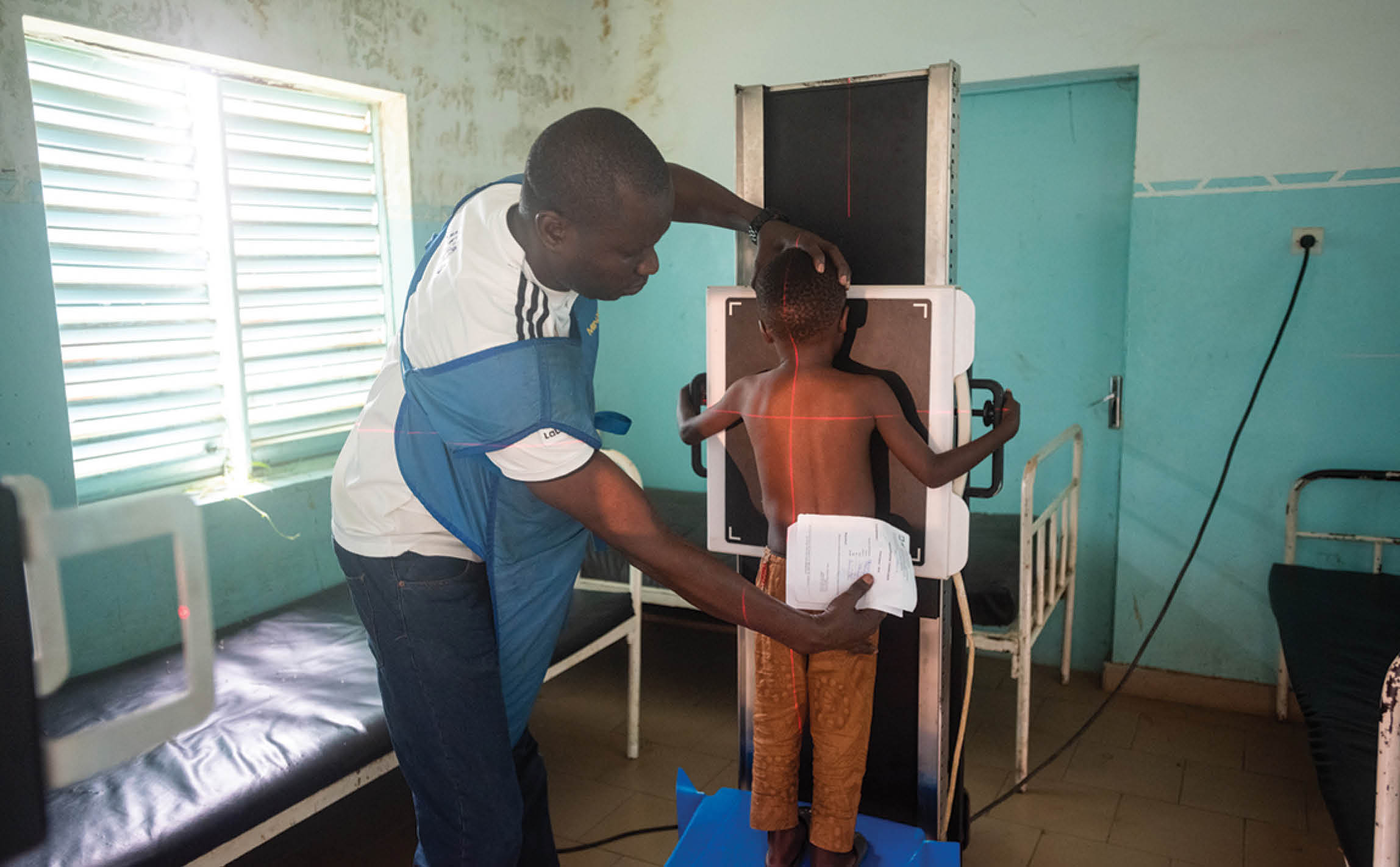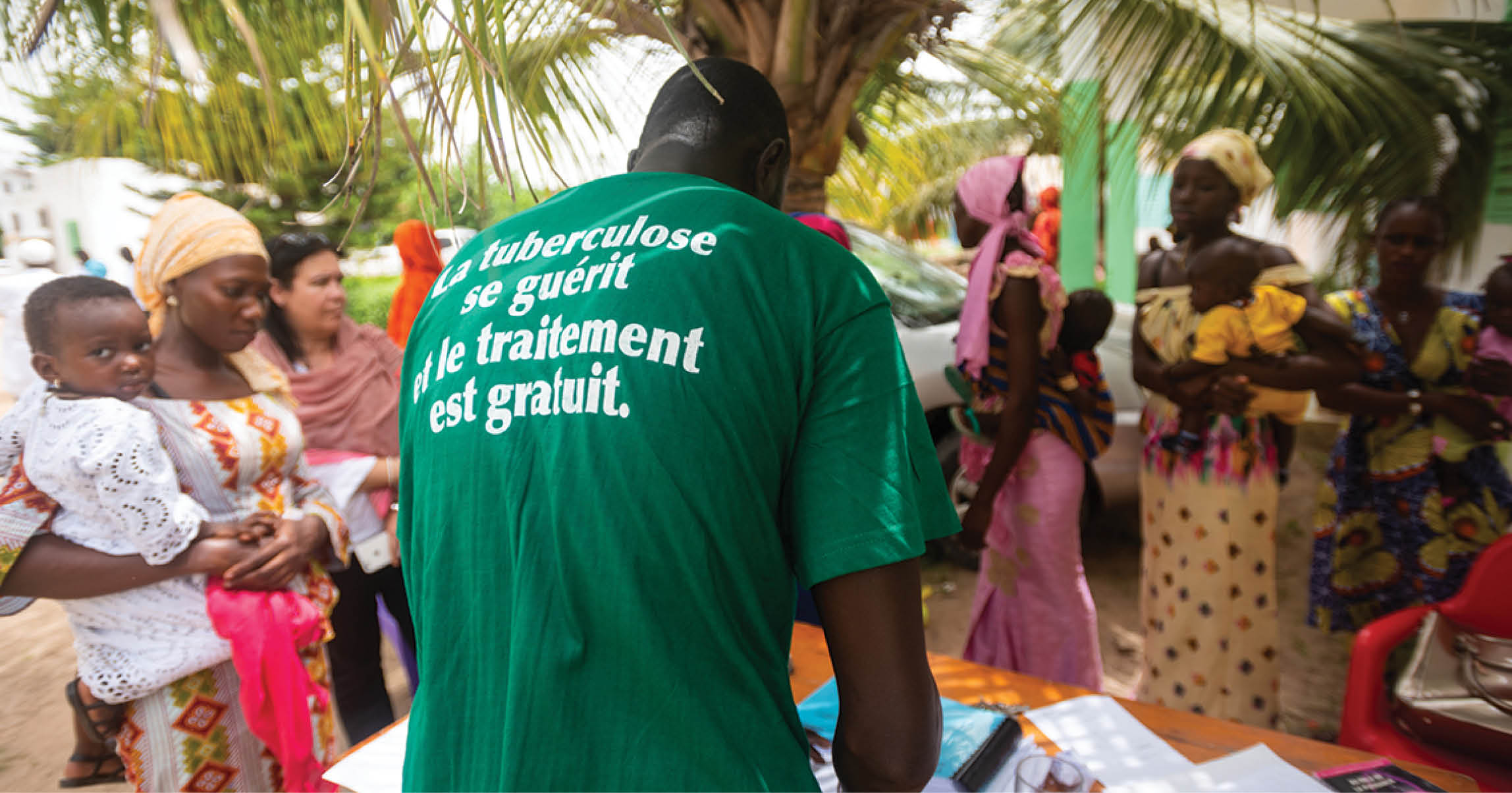

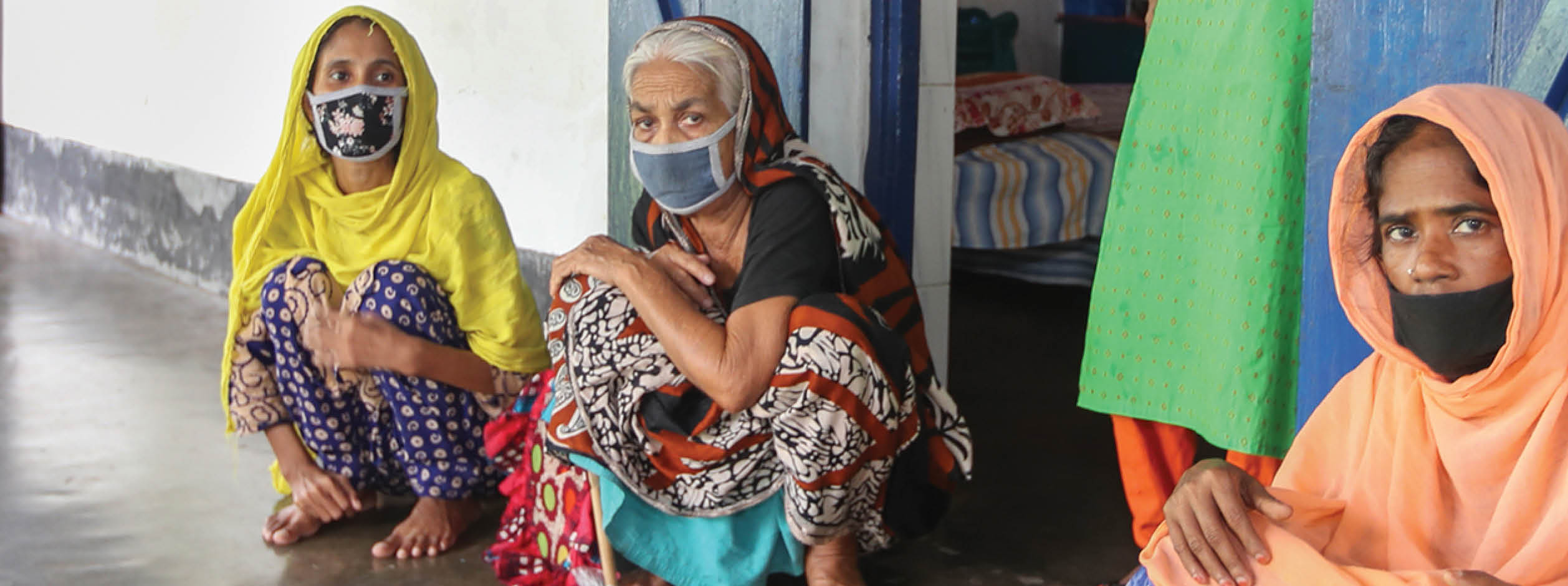

Research for
implementation
to reach vulnerable populations
and accelerate progress towards
universal health coverage

Tuberculosis patients at Jalchatra Hospital in Bangladesh

Collaborations to build regional networks and research
capacity to address TB control priorities
“Intensified research and innovation” is the third pillar of WHO’s End TB Strategy, and TDR has been contributing expertise in research for implementation to optimize the impact of innovations for tackling TB. Research plays a critical role in saving the lives of millions suffering and dying from this preventable and curable disease.
The most recent Global TB Report reported that an estimated 3 million people with TB still aren’t getting the care they need, indicating there are access barriers that need to be studied to optimize control programmes.
In March 2019, TDR, the Global TB Programme, AFRO,
and 44 African countries, including those participating in WARN-TB and CARN-TB, convened in Benin to tackle
latent TB infection and drug-resistant TB. Countries have identified programmatic gaps and research priorities
In November 2019, TDR, in close collaboration with the WHO Global TB Programme and technical partners, launched an implementation/operational research package dubbed ShORRT (Short, all-Oral Regimens for Rifampicin-resistant Tuberculosis).
By providing a standardized methodology, ShORRT aims to facilitate operational research on all-oral shorter regimens for multidrug-resistant or rifampicin-resistant TB by countries, and to generate data that are harmonized across different implementation settings.
ShORRT includes a master protocol, data collection tools and key study procedures that investigators can adapt. The generic protocol is currently available in English and French and will soon also be available in Spanish and Portuguese.
WHO’s “Rapid Communication: Key changes to the treatment of drug-resistant tuberculosis”, released in December 2019, points to ShORRT as a resource to facilitate operational research for modified shorter regimens.
focused on drug-resistant TB (DR-TB) and latent TB infections (LTBI), two priority areas critical to the success of the End
TB Strategy. This will lead to research activities that will support effective implementation at country level of new
WHO TB guidelines.
This research package assesses the effectiveness, safety, feasibility, acceptability, cost and impact (including on quality of life) of the use of all-oral shorter drug regimens for patients with drug-resistant TB.
TDR is currently providing technical support to the national TB control programmes of Benin, Cambodia, the Democratic Republic of the Congo and Nigeria for the adaptation of ShORRT and the future implementation of their research projects. TDR is also engaging with other countries for potential support.
Evidence from this research could play a key role in informing programmatic implementation at the country level and also provide important data to the global TB community to strengthen the evidence base and inform drug-resistant TB treatment guidance.
A regional network approach to supporting TB research
In recent years, TDR has supported a number of initiatives
to strengthen TB research in the WHO African Region.
In 2018, 11 national TB programmes in central Africa agreed
to establish
a TDR-supported Central African Regional Network for TB control (CARN-TB) to boost TB research in the sub-region. Since then, TDR has been training and supporting the national TB programme teams to enhance research in close collaboration with the WHO Regional Office for Africa (AFRO) and WHO’s Global TB Programme; the West African Health Organization; the Global Fund to Fight AIDS, Tuberculosis and Malaria; the International Union Against Tuberculosis and Lung Disease; the Damien Foundation; and European and African universities and research institutions.
CARN-TB replicates and builds on the experience and progress made through a similar regional approach in 16 West African countries (WARN-TB) since 2015.
Facilitating operational research to improve access to new treatment regimens for drug-resistant TB
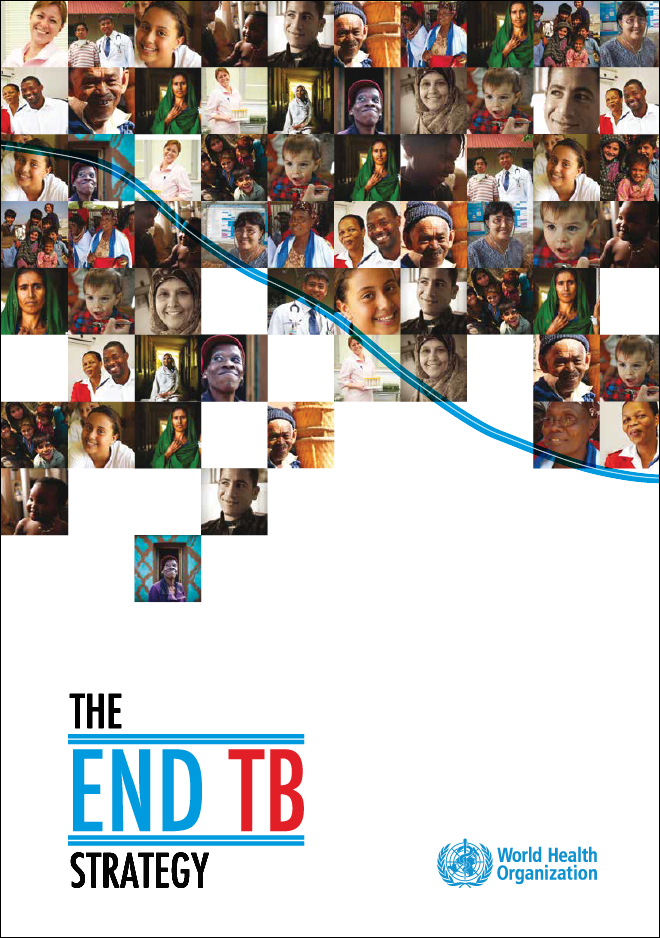
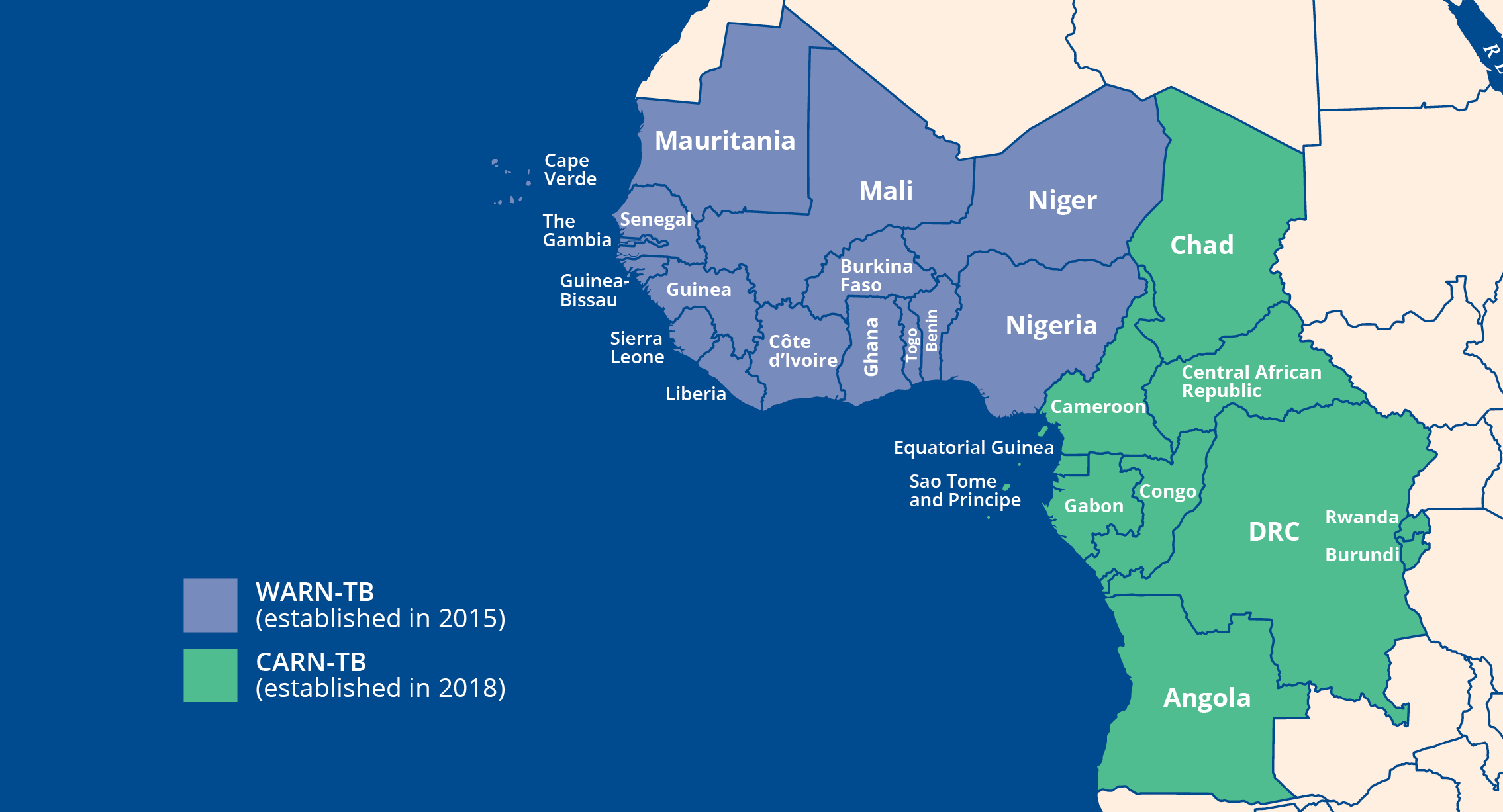
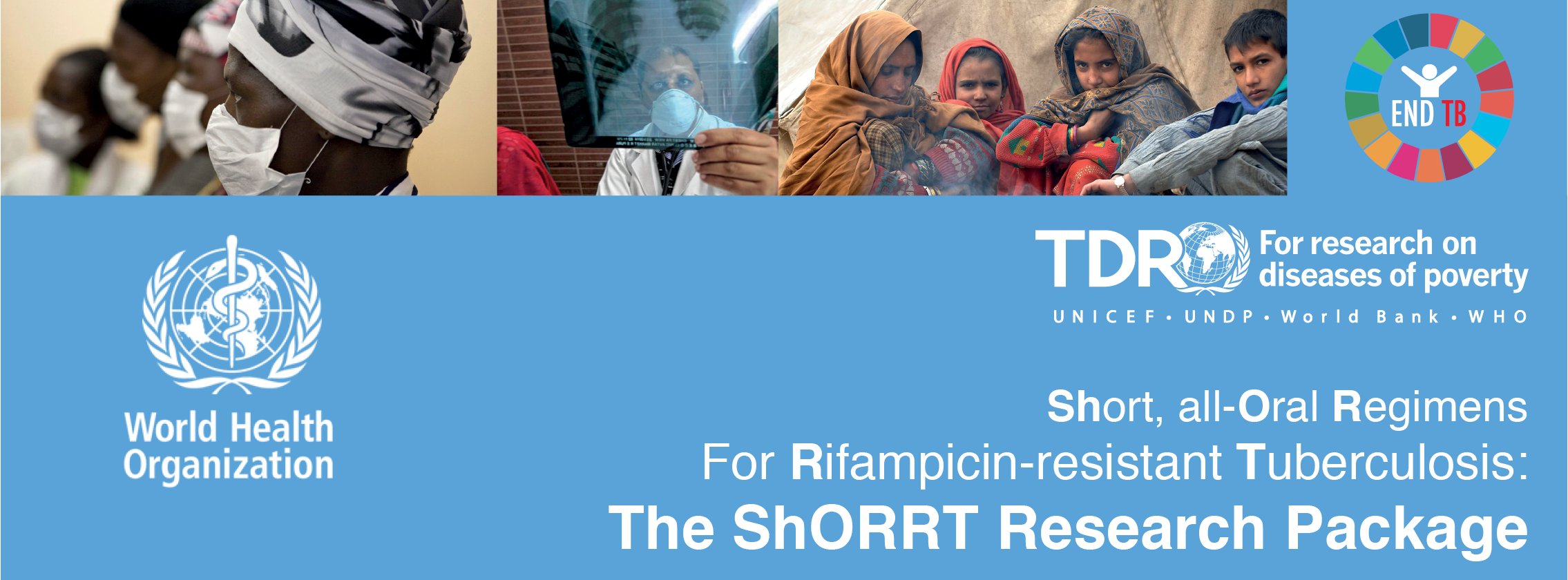

Together with TDR, we are calling for all partners to support countries in rapidly putting innovations into practice, and to share data from operational research and clinical trials to enable updates of policies and guidelines.”
- Dr Tereza Kasaeva
Director, WHO Global TB Programme



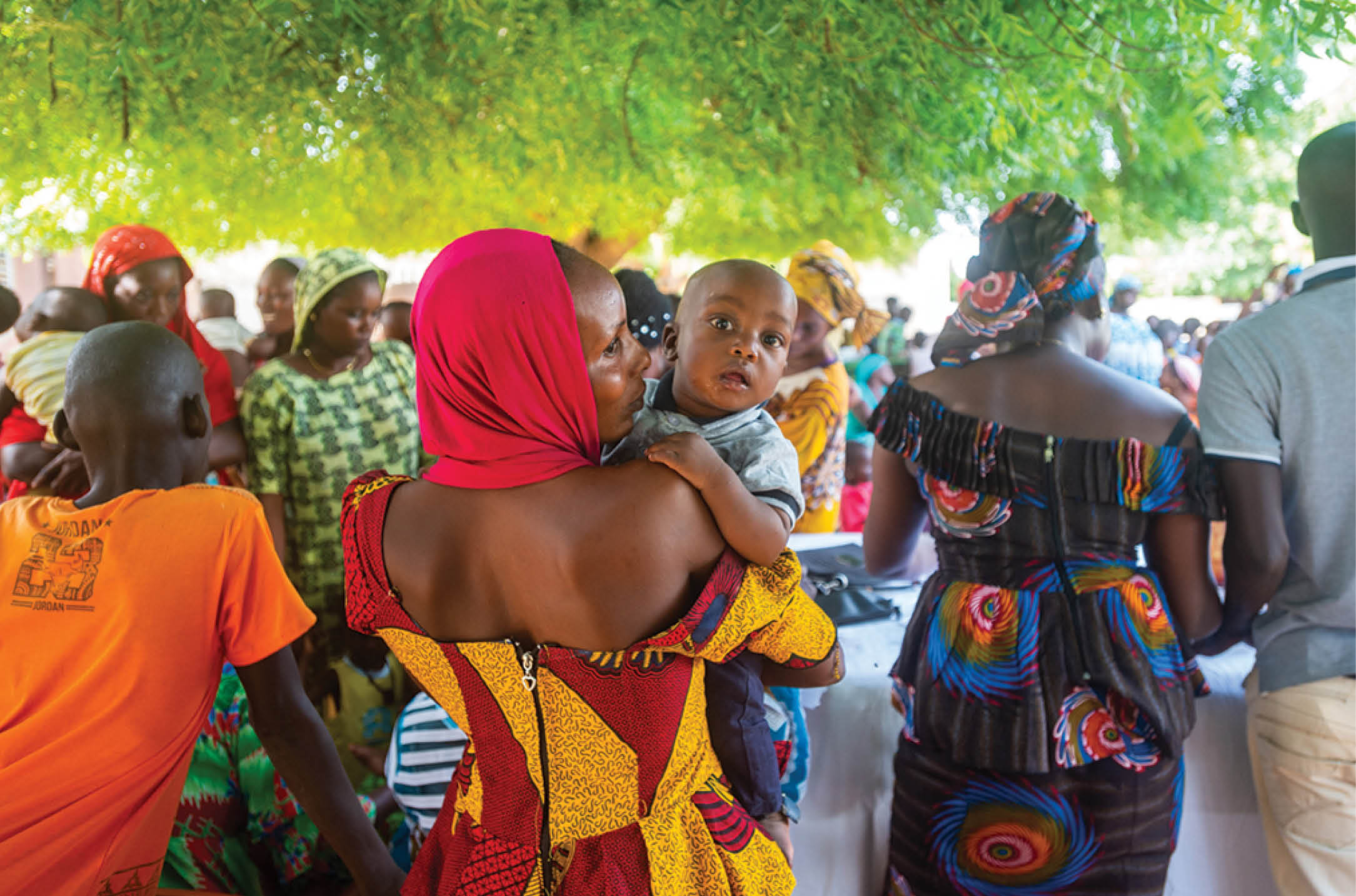
Improving detection of TB in children:
a smarter solution
The National TB Control Programme in Senegal is conducting the research in collaboration with district health authorities, Plan International, ChildFund, and the National Malnutrition Control Programme. The effectiveness, feasibility, cost and acceptability of this approach by the community will be evaluated.
Children were weighed to screen for malnutrition. They were also screened for TB and checked for recent close contact
with TB cases. Suspected cases were referred to the nearest health centre for bacteriological tests and chest x-ray.
If this study results in positive findings, the integration of TB screening into malnutrition screening campaigns and potentially other health campaigns (such as vaccinations) will be scaled up across other regions in Senegal “to capture the maximum number of children with TB,” says Professor Touré.
THE CHALLENGE:
Detecting tuberculosis cases in West and Central Africa is a persistent challenge, especially in children. It is estimated that 70% of TB cases in children under five are neither detected nor treated.
THE SOLUTION:
In Senegal, to address these missed cases, the National
TB Control Programme is studying a new active case finding strategy, where TB screening is integrated into malnutrition screening campaigns. If successful, the approach will be scaled up across other regions in Senegal.
The pilot study was conducted during a one-week malnutrition screening campaign in Thiès and Tivaouane districts that gathered up more than 70000 children under five years old.
Parents were also asked to bring their children ages 5 to 14 for TB screening. Community engagement was essential to ensure broad participation.
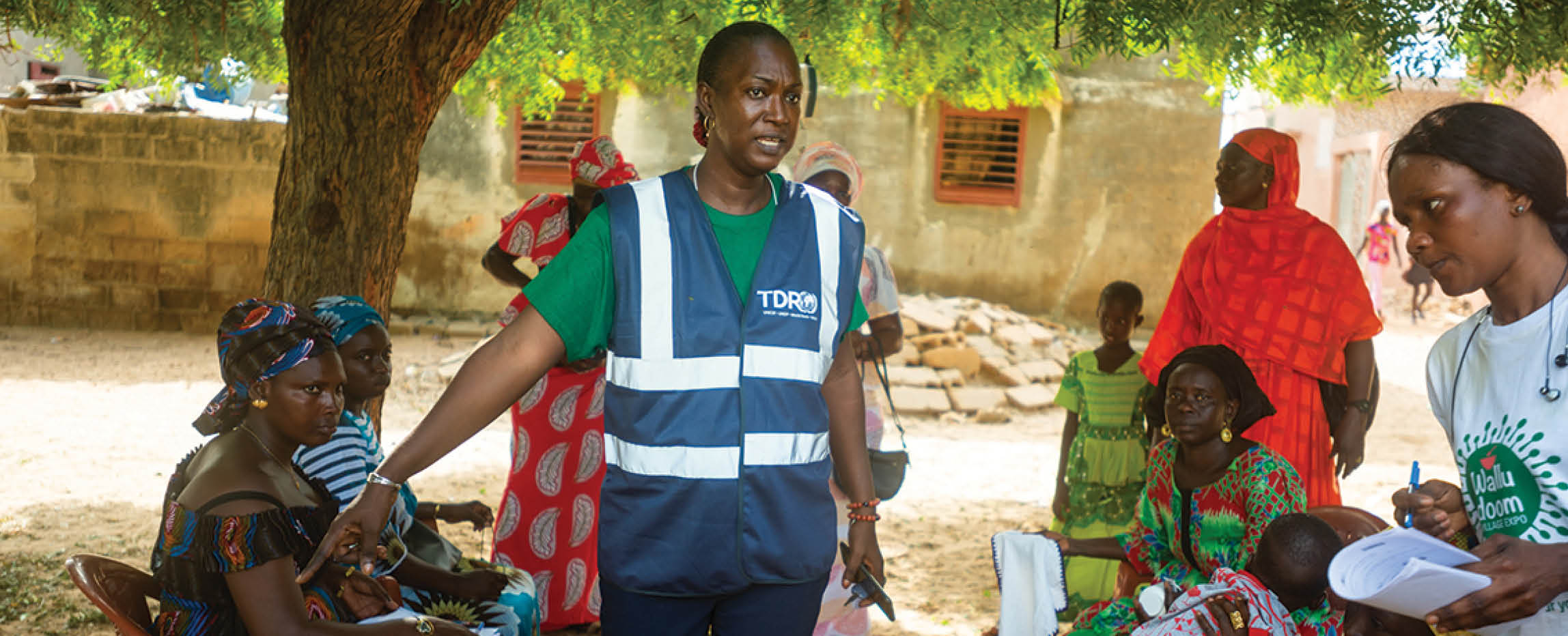
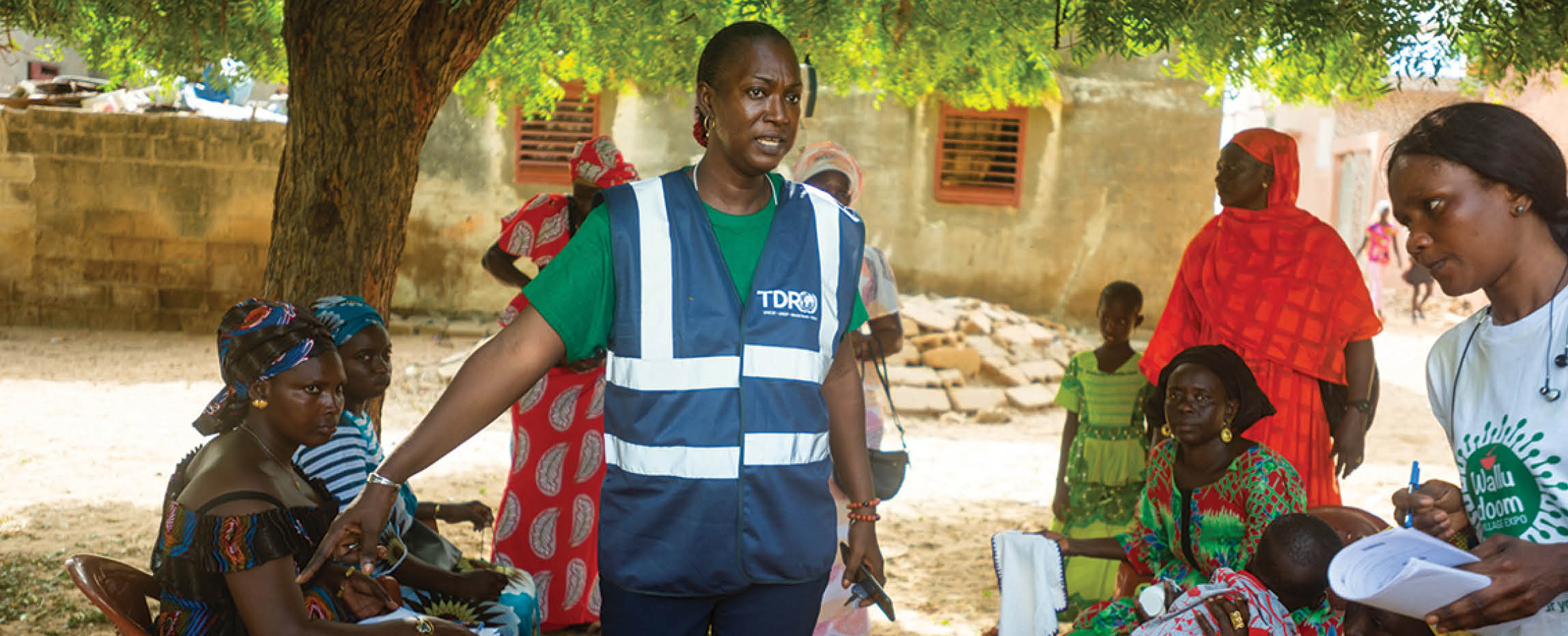

It is important that we
try innovative strategies
that can help us find
these missing cases.”
- Professor Nafissatou Oumar Touré
President of the TB Research Taskforce
of Senegal
